- Messages
- 10,562
- Location
- Bozeman, MT
Boaters were extremely common, in the city, country and everywhere in between, in the early part of the 20th century. They were not so much the hat of leisure or of frivolity, they were *the* hat. If you walked into a hat shop in the 1920s and asked for a straw hat, you would be handed a boater. Think of them as the straw equivalent of the derby.
1900
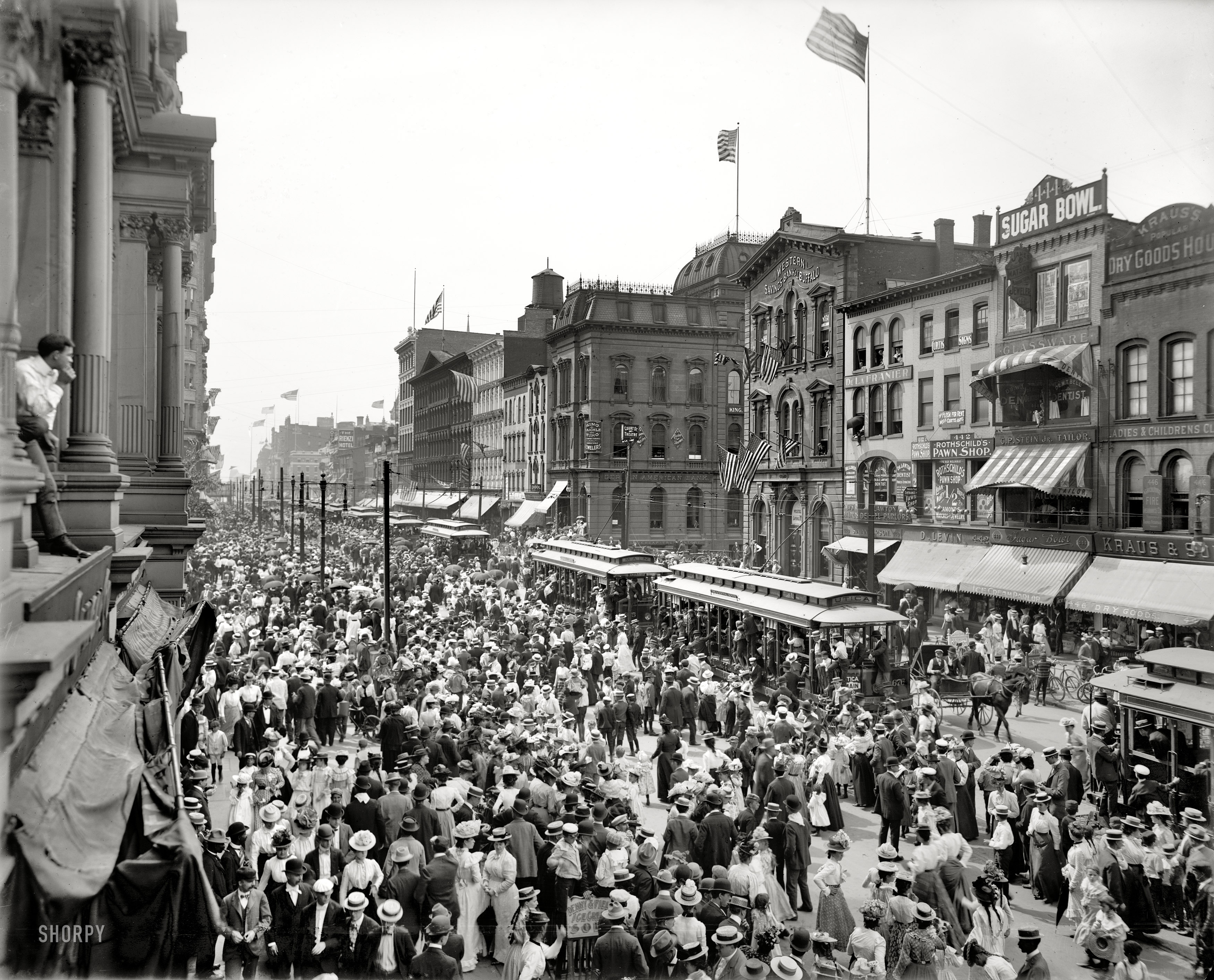
1916
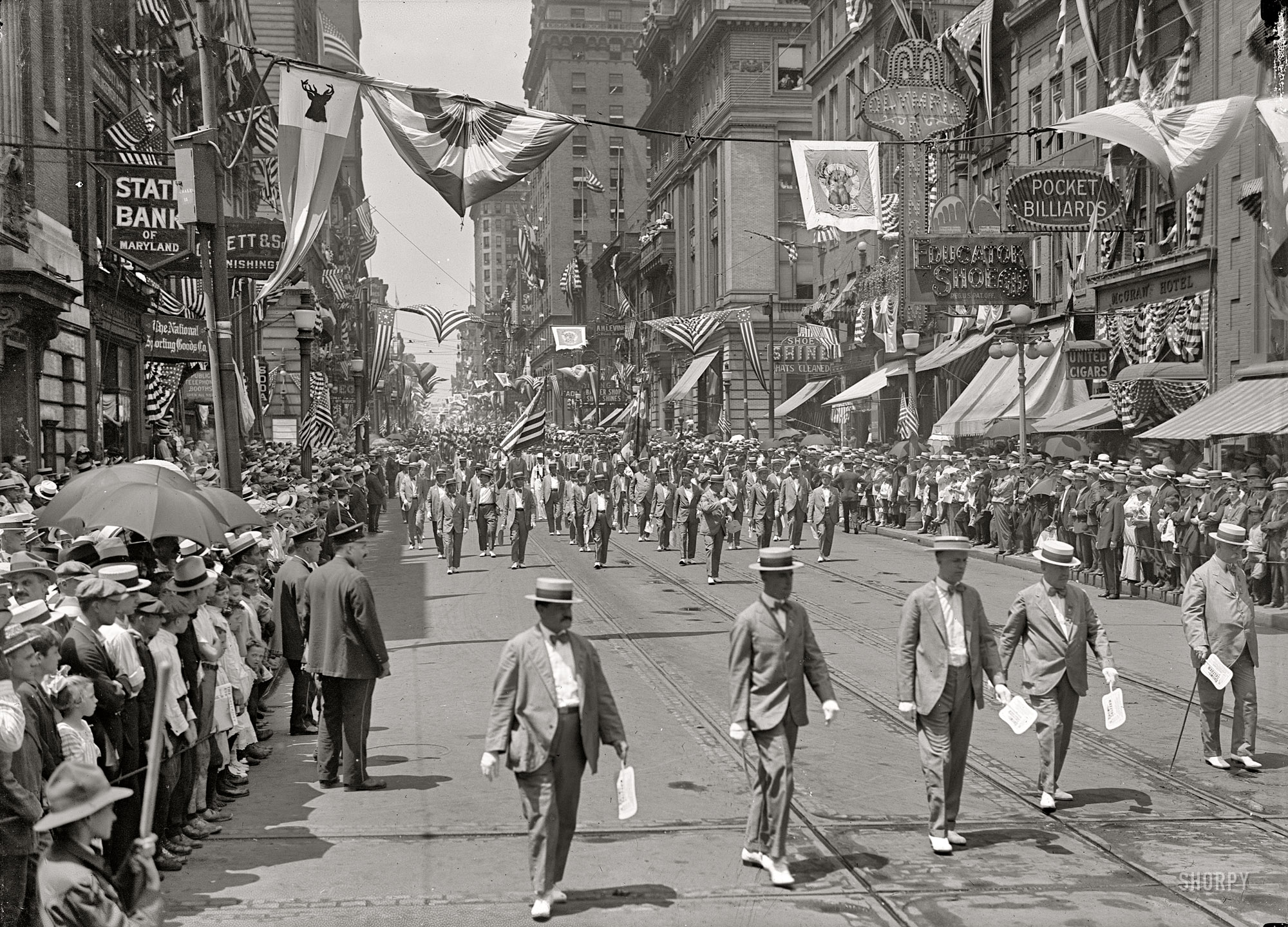
1921
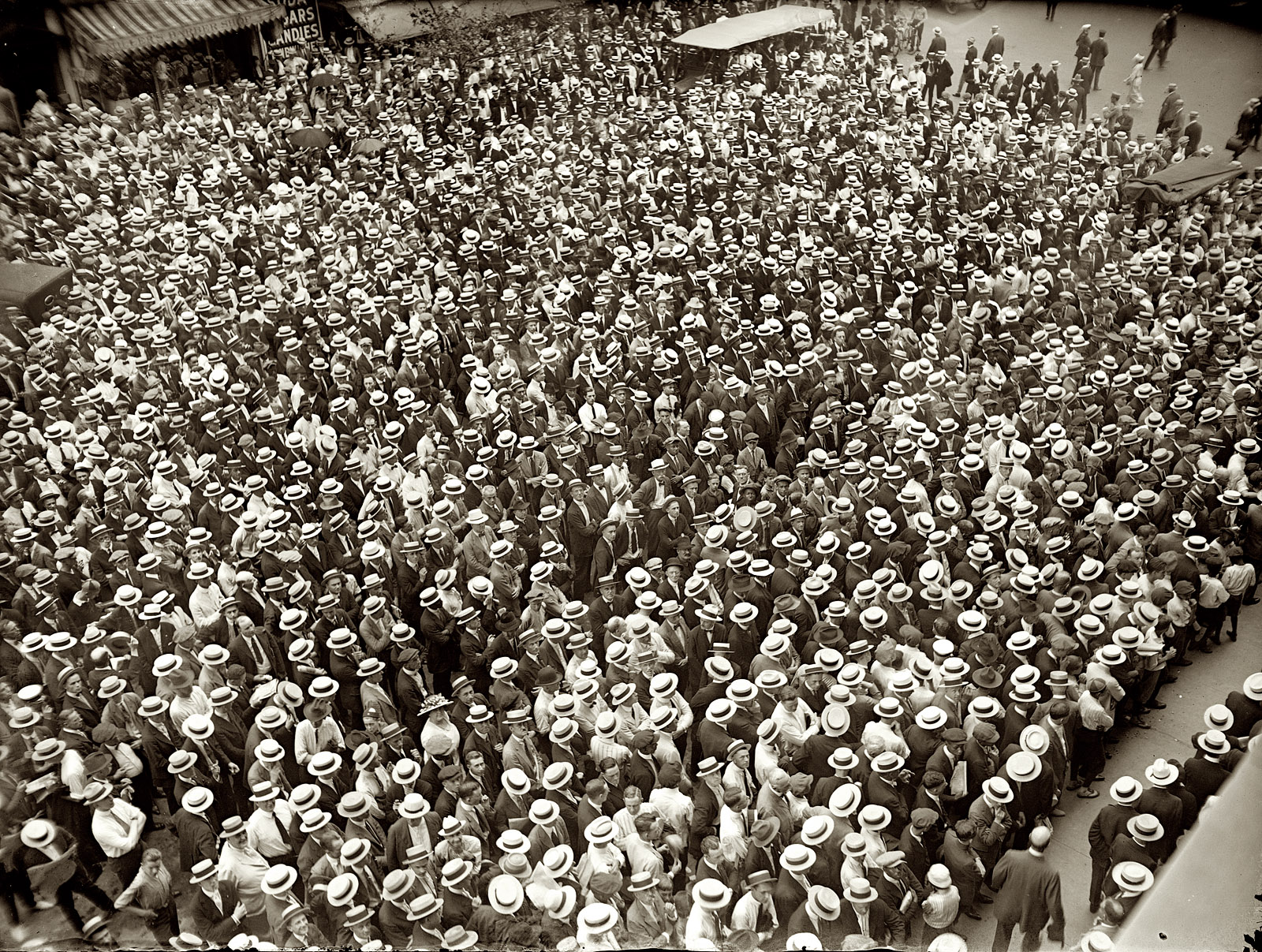
1924
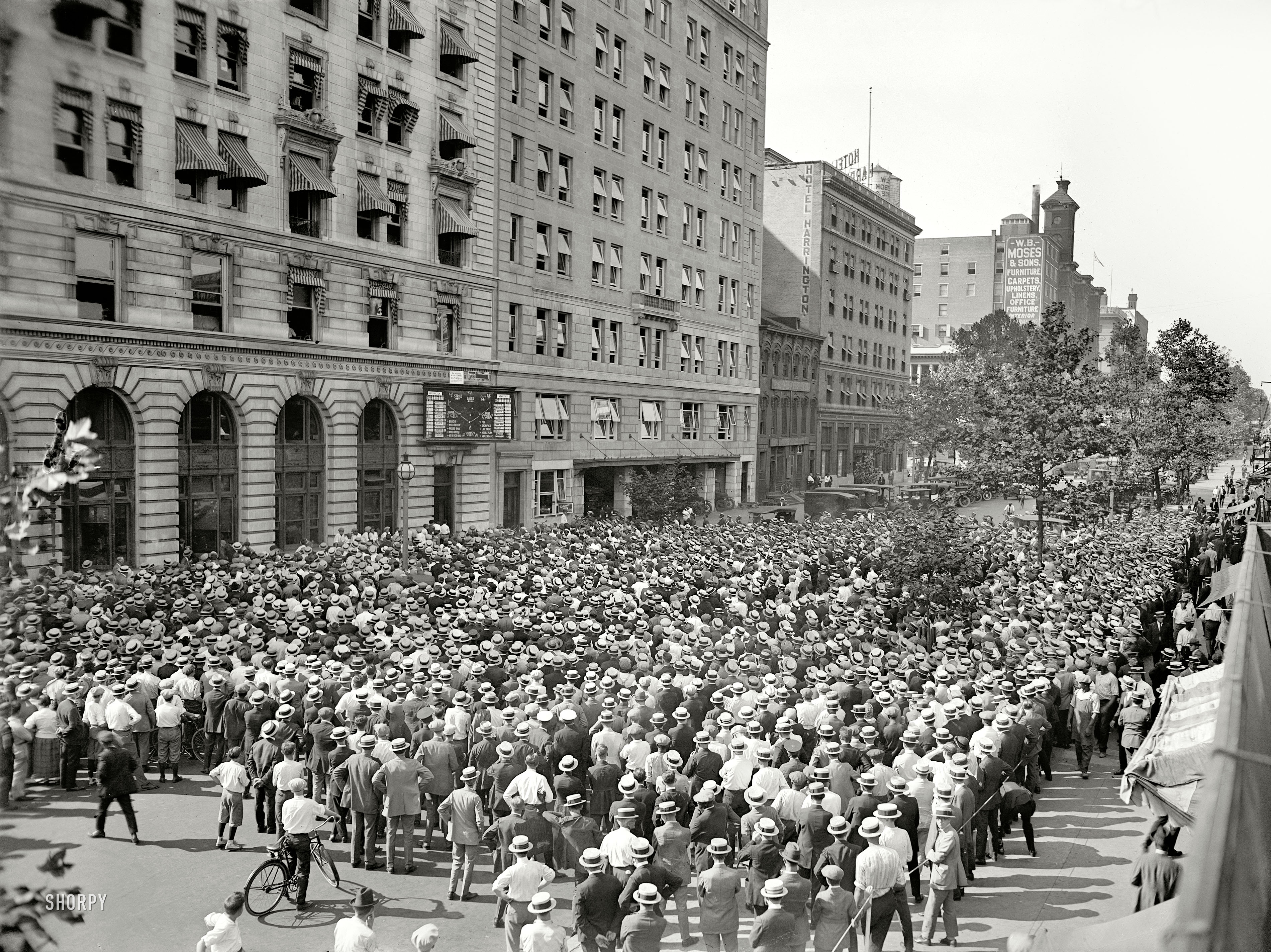
1925
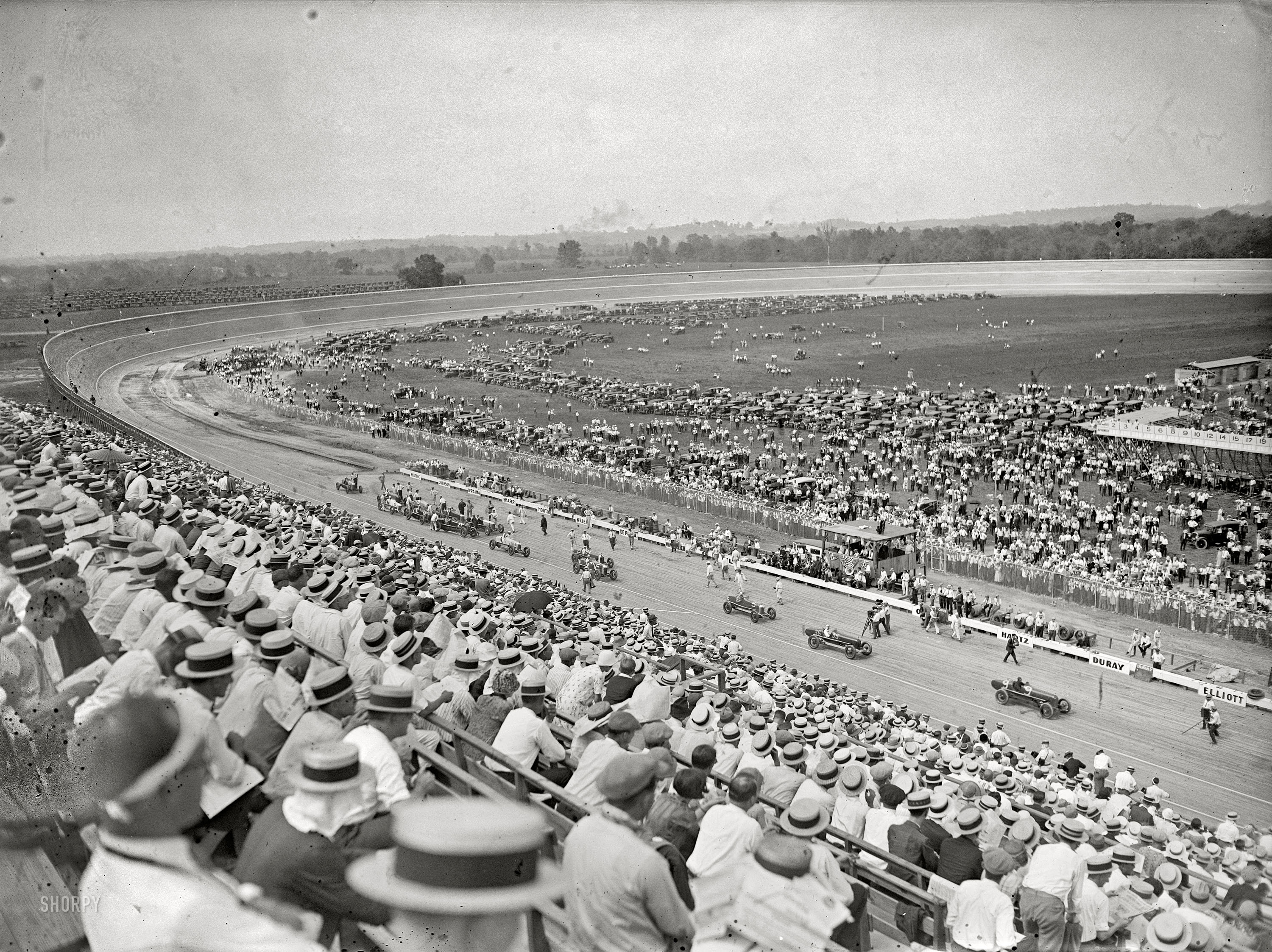
Dearborn, 1941
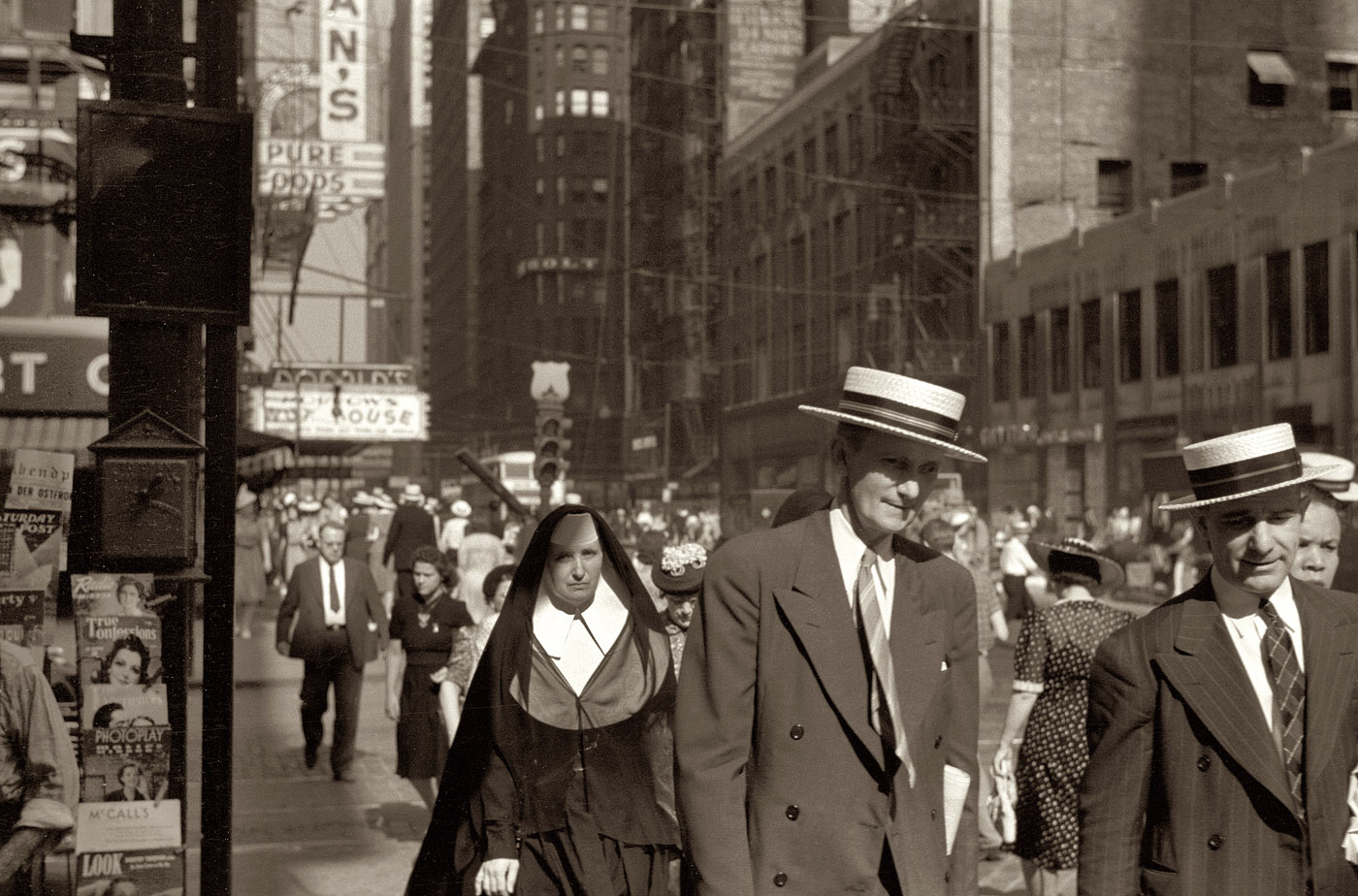
1900

1916

1921

1924

1925

Dearborn, 1941

Last edited:


